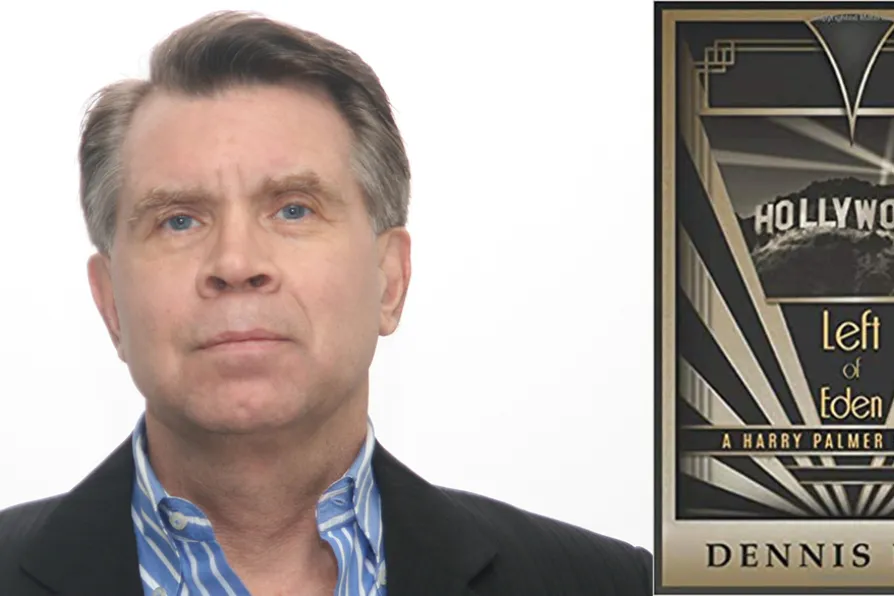PETER MASON is wowed (and a little baffled) by the undeniably ballet-like grace of flamenco

 DRAWING ON HIS KNOWLEDGE BANK: Dennis Broe
DRAWING ON HIS KNOWLEDGE BANK: Dennis Broe
AUTHOR Dennis Broe is an international expert on film noir and an acclaimed socialist writer, as his dialectical and highly readable contributions to the website Culture Matters and his reviews for the Morning Star evidence.
In his first novel Left of Eden, his expansive knowledge informs his homage to past crime writers such as Raymond Chandler and to the US film workers and socialists who faced the purges of the McCarthy years of the late 1940s and 1950s.
Eschewing a self-mocking pastiche, Broe toys with the hardboiled American crime-thriller genre in the novel and, within the firmly established canon of a smart but wonderfully compromised private detective, various troubled clients, a cohort of devious criminals and plodding FBI muscle, he expands upon the political corruption at the heart of the US.
Harry Palmer, ingloriously late of the LAPD, has been hired by Democritus, a leftist film studio specialising in grittily realist tales, to uncover who is blackmailing its leading actor Jason “Gabby” Gabriel.
Palmer quickly bumps up against the desperate and exploitative wings of a Hollywood culture that is bending to accommodate the growing state-sponsored anti-communism of the years immediately after the second world war.
Broe adeptly demonstrates that the ecology of the US film business is an augmented version of society as a whole, with a few studio owners, themselves in hoc to Wall Street, inflicting sexual and economic despotism over a dizzyingly large number of wannabe actors, mostly young women.
Palmer’s investigations see him commissioned by other clients connected to Gabriel, such that the plot eventually resembles a gigantic ouroboros, a serpent consuming itself and everything else in its way.
Murder, beatings, exploitation, hidden sexuality and artistic freedoms and integrity are dominant themes in the novel and, in the hands of a less assured writer, they would surely strangle its narrative and impetus.
But Broe manages to successfully carry the whole project through to a most satisfying conclusion, thanks to compelling characterisation and clever dialogue, in which wisecracking conversations provide moments of humour, as in this exchange between Palmer and Democritus’s accountant:
“Are you honest?”
“As honest as the day is long,” I said.
“The days are getting shorter.”
“Exactly.”
Left of Eden is published by Pathmark Press, £11.66.

















